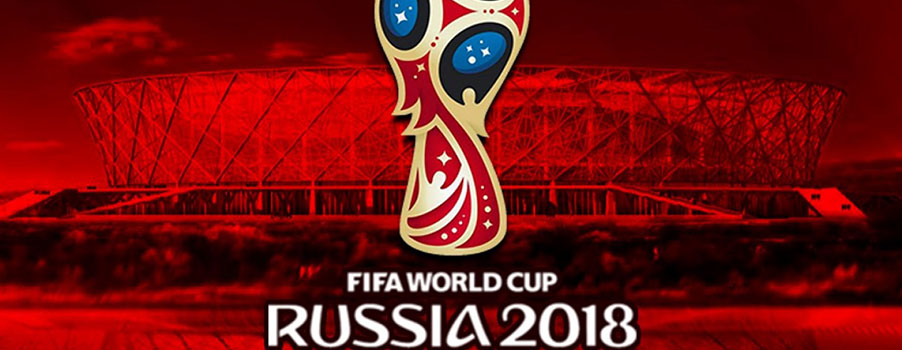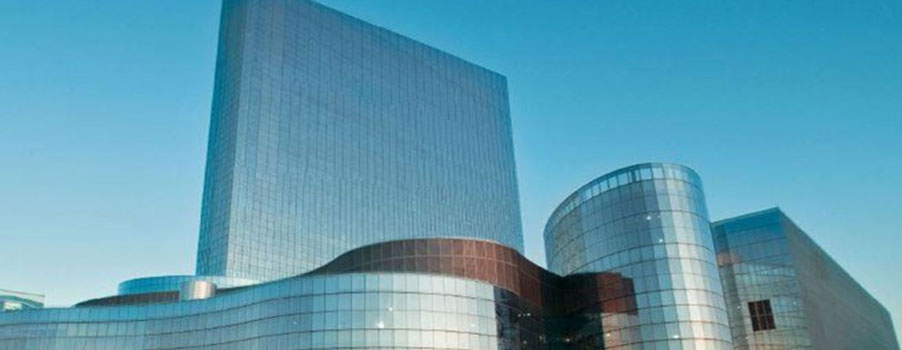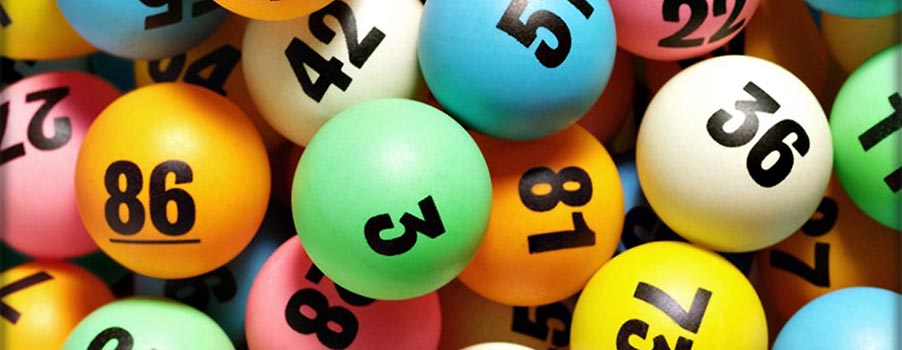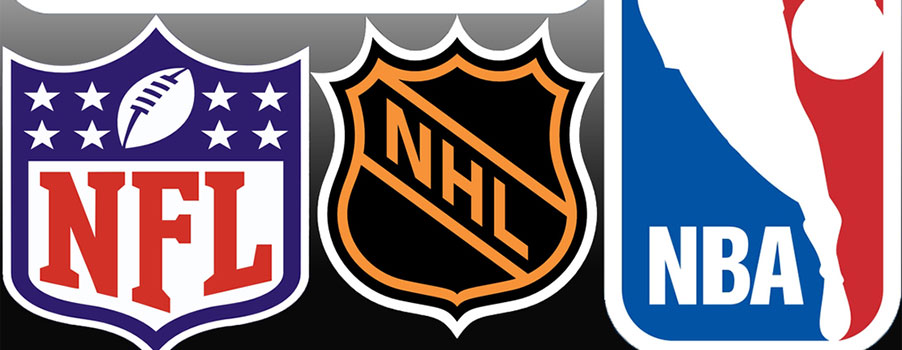In the United States, Las Vegas is and will probably always be the Mecca of sports betting. However, in the wake of the landmark United States Supreme Court ruling that paved the way for nationwide sports betting, many more states will be giving Nevada a run for its money. As it stands, Delaware was the first state – after Nevada where some forms of sports betting have been legal for years – to legalize sports betting. This move has since been followed by New Jersey and many more including Pennsylvania, West Virginia, and Mississippi are expected to do the same very soon.
As you might have already guessed, this is perfect timing since the World Cup just kicked off recently (last Thursday) and this presents a huge opportunity for some side action. If you are only finding out this now then you are a little late to the party. You will be forgiven for not knowing though – it is growing more understandably clear the FIFA World Cup can either bring out either absolute indifference or rabid interest when it comes to the United States.
This year will probably lean more towards the side of absolute indifference especially because, for the first time since 1986, the United States failed to make the World Cup. Ouch!
“Las Vegas is such an international city and the World Cup is such an international event that people are still going to be around to bet on it,” Sunset Station sports book director Chuck Esposito commented. “It’s going to be a tremendous event for our sports books, but the U.S. not being there is definitely going to have some effect.”
However, the country remains to be the third most populated country in the world, which means that even a tad bit of interests represents a considerably large number of people. With legalized sports betting now a reality, there is still a lot that Americans can play for. Patriotism aside, it is time to make some cash. If betting is not for you, then too bad. I am sure there are a couple of other things that you can do; the opportunities are endless.
Odds to Win
Country Odds % chance to win
Brazil 18-5 22%
Argentina 19-5 21%
Germany 9-2 18%
Spain 5-1 16%
France 11-2 15%
These top five choices represent 92 percent of the win equivalent even before you consider other contenders that include formidable teams like Belgium and Portugal as well as several other spoilers in the 32-team midfield. It would probably be smarter to wait for the knockout round before you jump in with these teams especially if you want to get a little more insight into what you are getting into. Still, the futures prices will not have changed much since the assumptions to qualify are already baked into the numbers.
Alternatively, as the knockouts begin you could bet on your preferred team to advance on game-by-game lines – this will roll out your investment at every round and is likely to yield a better return than betting futures prices.










